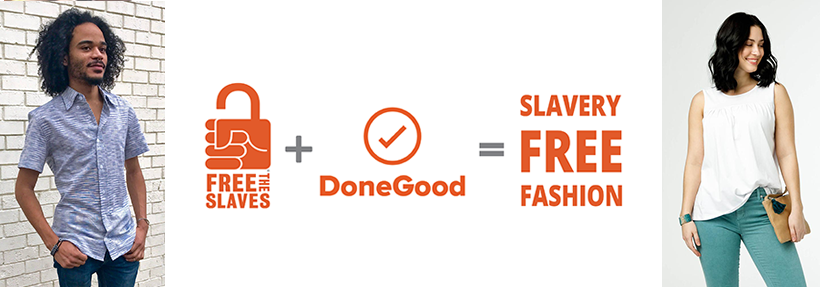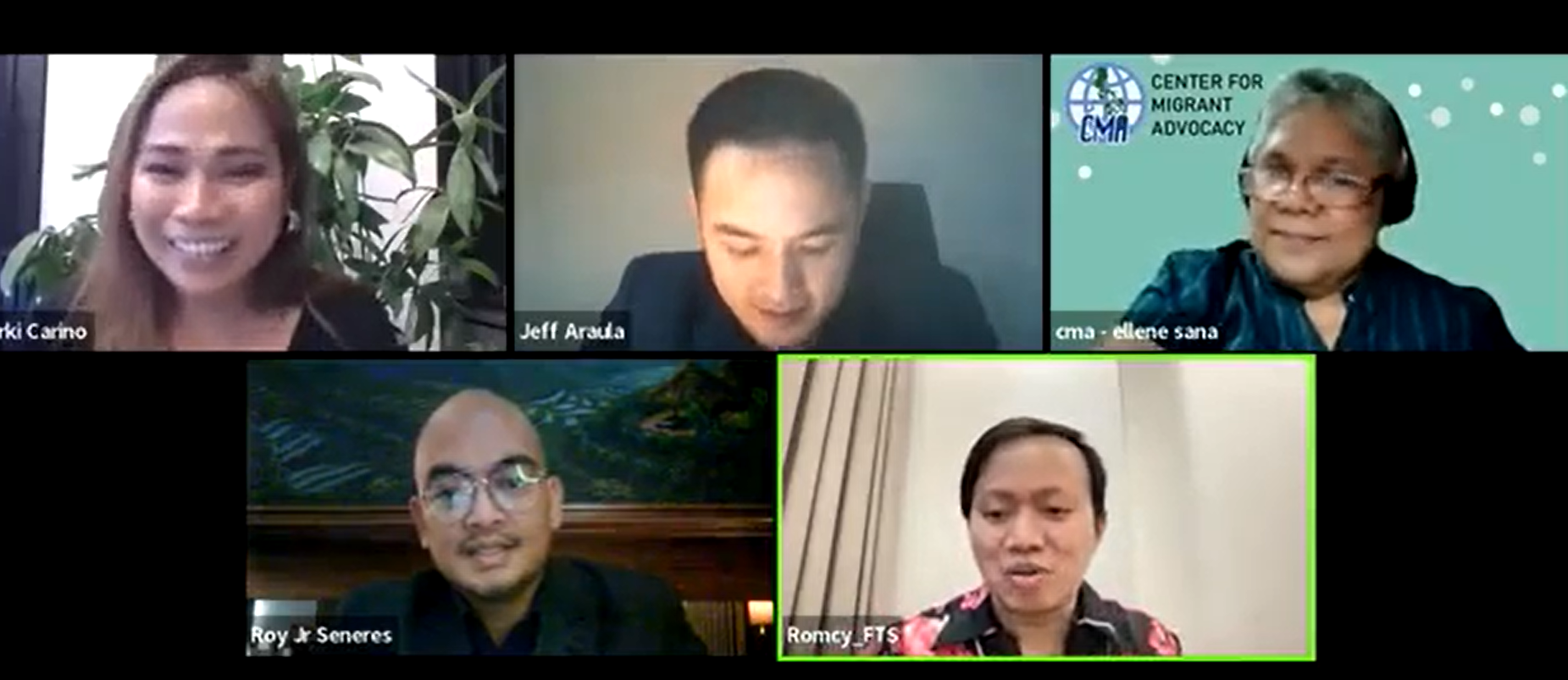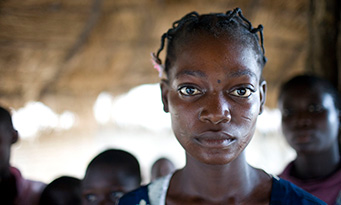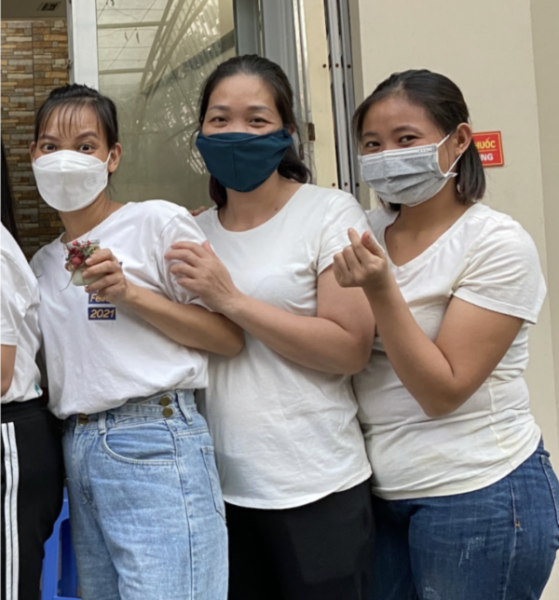Countless friends and family ask me: “How can I tell if a company is using sustainable practices when I shop?”
Let’s face it, the 40 hour workweek is a thing of the past for most people. And, who wants to spend their spare time researching corporate supply chains when they need a new pair of sneakers?
Scott Jacobsen, co-founder of DoneGood and his team are with you!
“We want to make it easy for consumers,” Jacobsen says. “Finding ethically-minded companies and designers shouldn’t be hard. There are amazing brands popping up with a focus on something bigger and better than maximizing profit margins. We believe if we help consumers find ethical brands, they’ll shop their values.”
After a long and winding road that started with two friends lamenting how difficult it is to know where your clothes come from, Jacobsen and fellow co-founder Cullen Schwarz now find themselves leveraging technology to connect socially conscious consumers and ethical designers.
Americans spend trillions of dollars each year buying everyday goods. “Consumers have the ability to influence how companies do business,” Jacobsen tells me. “We want to help people redirect their dollars to brands that share their values around issues like environmental impact and fair treatment of workers.”
Through their website, app and Chrome extension, DoneGood makes it easy to shop with the confidence of knowing your personal consumption is not contributing to unsustainable and unethical practices.
“We’ve vetted every brand on our website,” Jacobsen explains. With their own research, commitments from participating companies and consultation with third party certifying organizations, DoneGood has taken on the heavy-lifting of conscious consumerism.
The 300+ DoneGood-verified brands you can currently shop online are just the beginning.
“With the growing social demand and industry research concluding sustainable practices save money in the long run, industry leaders are starting to realize this trend is impossible to ignore,” Jacobsen says. “We hear from multiple brands each week wanting to join the DoneGood community.”
While DoneGood works in overdrive to verify new brands and improve consumers’ online shopping experience, they also leverage their platform to support like-minded organizations such as Free the Slaves.
“Our verification process for brands includes ensuring they are not using modern day slavery, but we know more needs to be done around the issue,” Jacobsen tells me. “Free the Slaves has been a leader in this space for so long that partnering with them on the Fashion for Freedom Campaign to raise awareness feels like a natural collaboration.”
DoneGood and Free the Slaves launched a Fashion for Freedom Online Storefront in April, featuring an exclusive collection brands that have taken a particularly strong stance against slavery. DoneGood will donate 10 percent of revenue earned from sales through the storefront to Free the Slaves efforts to fight human trafficking around the globe.
As businesses that have historically prioritized profit over ethical production start to tweak their systems to align with consumer values, DoneGood is providing the means to push the industry to move faster.
“The money we spend can be a powerful force for change,” Jacobsen says. And from the looks of it, consumers agree. The user-base of DoneGood tools has grown exponentially since the organization’s launch.
In the next five years the DoneGood team hopes to grow their user-base into the millions. After only briefly speaking with the group’s co-founder, I have no doubt they’ll achieve this metric, but for me, what makes the DoneGood team special is an unwavering belief that each of us has the ability to serve as a force for change. It’s an ideal we can lose sight of when we’re in the midst of a 60 hour workweek and need those new sneakers. Thankfully, DoneGood is here to help us leverage that purchase into an opportunity to change the world for the better. I can’t think of a better way to shop!
Rachel Karioki has worked on foreign policy and international development issues for more than a decade. She’s traveled to countless countries in Africa, Asia and South America to look at the intersection of poverty, governance and conflict. Working alongside community members, government officials and civil society, Rachel has helped to identify opportunities to curb cyclical conflict by leveraging local resiliency. After seeing the geographic and socio-economic reach of the fashion industry, she has decided to learn more by pursuing a certificate at the Parsons School of Design in New York City, where she’s currently studying.




